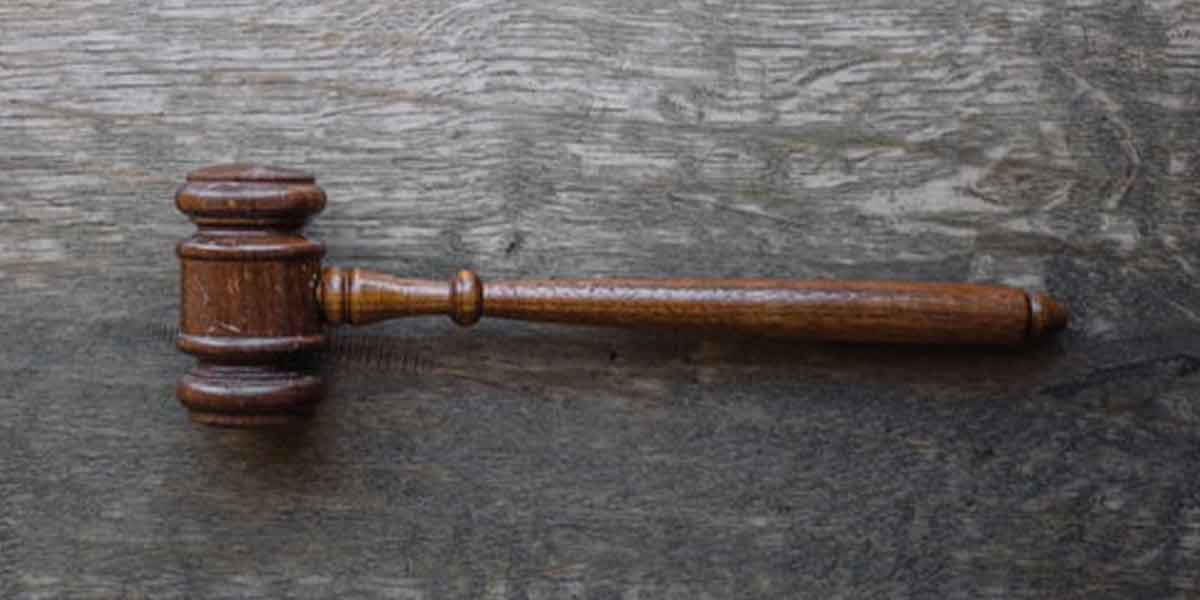Estate Planning and Probate Services are essential legal procedures that are carried out when a person passes away and their last Will, if they have one, is put into effect. The purpose of probate is to legally validate the last wishes of the deceased regarding their assets, properties, and possessions. When a person dies, the court appoints a beneficiary named in the will or an administrator to oversee the probate process.
Reasons for Probate
-
Probate is necessary to transfer the ownership of the deceased person’s assets and holdings to the beneficiaries. If there are no assets to transfer, probate is not required.
-
When the deceased’s assets are solely in their name, probate is needed to transfer the property to the respective heirs.
-
Probate provides a legal process for the distribution of the rest of the estate’s property to the heirs and recipients.
Factors That Can Delay Probate
-
Estates with multiple beneficiaries can prolong the probate process as each heir needs to be notified at every step.
-
When beneficiaries live far away, the probate procedure might take longer.
-
Estates with assets in different states can further complicate the probate process.
-
A large number of wills that need to go through probate can also cause delays.
-
Appointing the wrong heir as executor can cause the probate process to drag on.
The Probate Process
-
Filing a petition and notifying heirs and recipients is the first step. The process begins with filing a petition under two conditions:
a. Admitting the will to the probate court and hiring an attorney.
b. If there is no will, appointing a lawyer for the probate case.
-
The appointed attorney must send notices to creditors and beneficiaries and create an inventory of the estate. Creditors have a specific time to make claims for the property as per state law.
-
Funeral costs, taxes, and debts are paid from the estate. The personal representative oversees the process and handles property claims legally. After this, the attorney can sell the property or make decisions regarding it.
-
The court transfers the property title according to the will or state intestacy laws. The appointed lawyer then petitions the court for transferring the assets to the beneficiaries or as per the state’s intestate succession laws if there is no will.
Responsibilities of the Executor
The executor should:
-
Take responsibility for the deceased’s property and assets until a fair settlement is reached.
-
Conduct the distribution process of the assets and property.
-
Manage the inheritance of the property, including real estate.
-
Present the Will in the probate court correctly.
-
Make payments for taxes and ongoing expenses.
Estate planning and probate are crucial steps to manage the estate of a deceased person. Keeping a well-drafted will and records of debts, personal holdings, and other benefits can simplify the probate process. It is essential to update the will regularly to account for any life changes.




